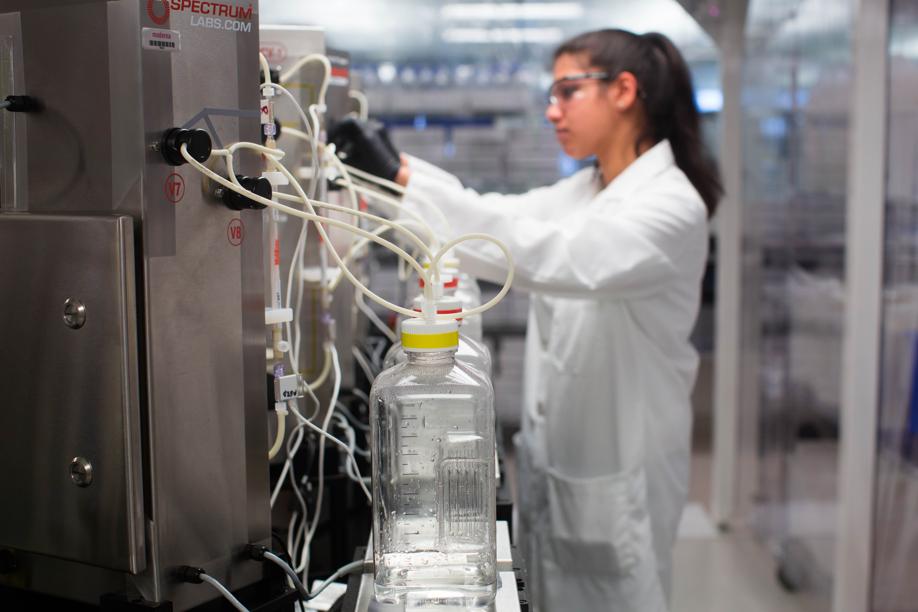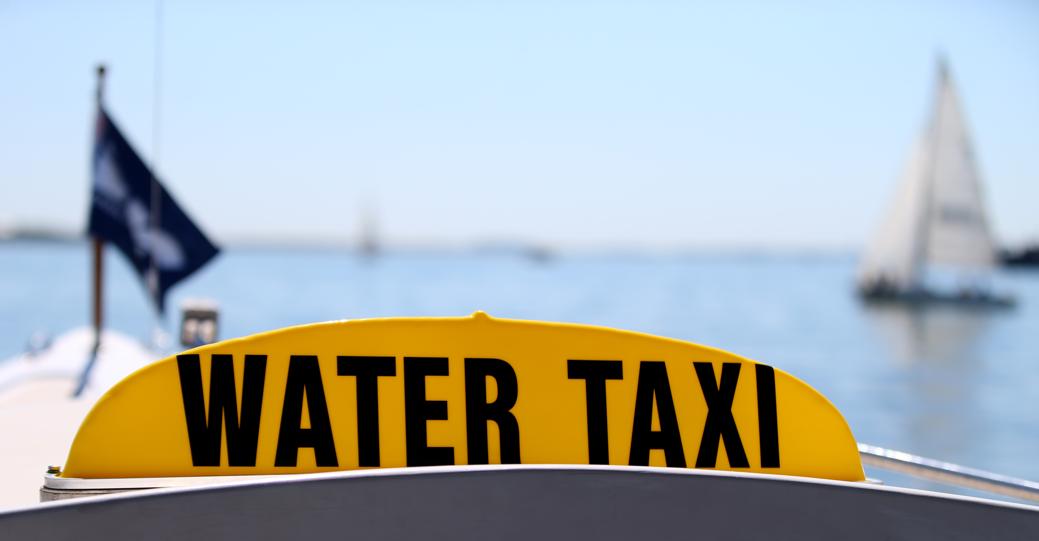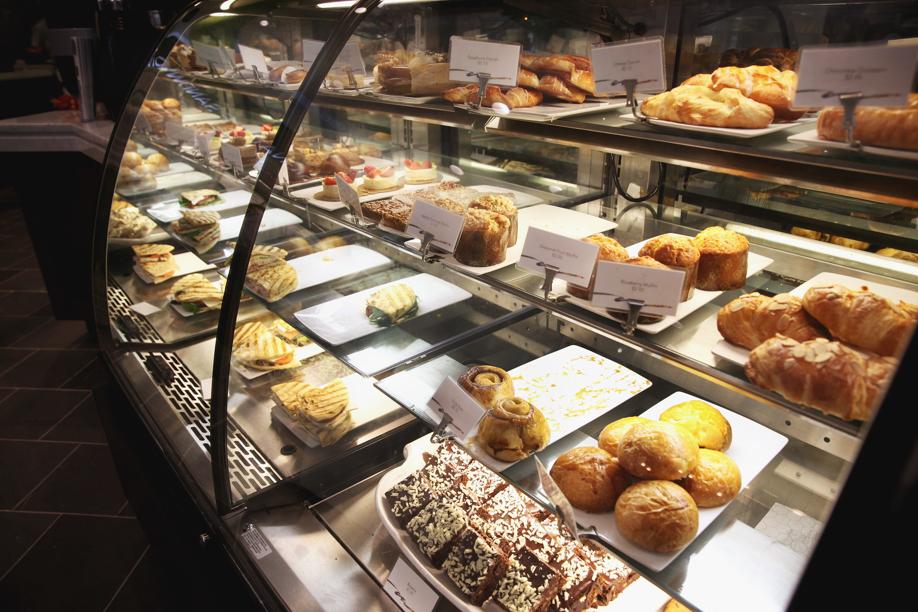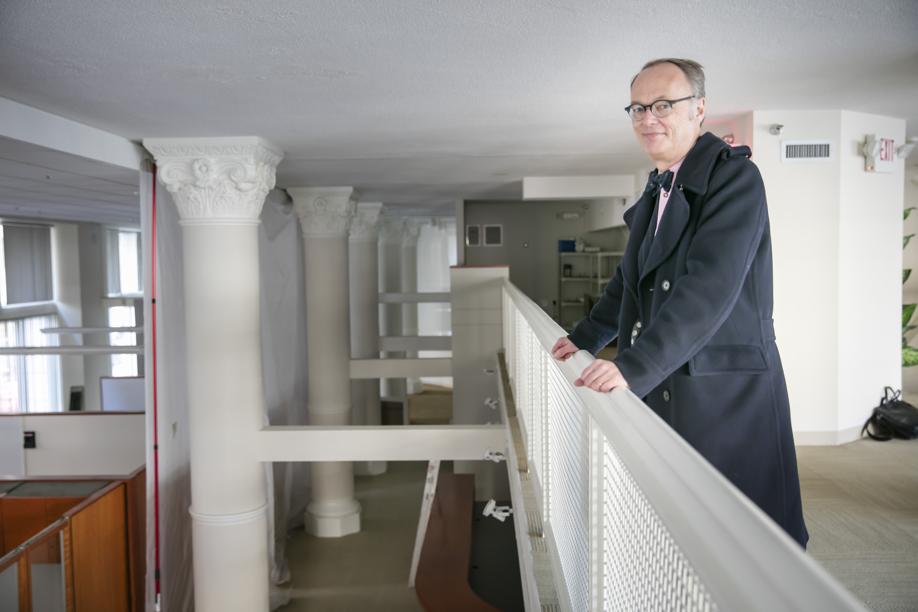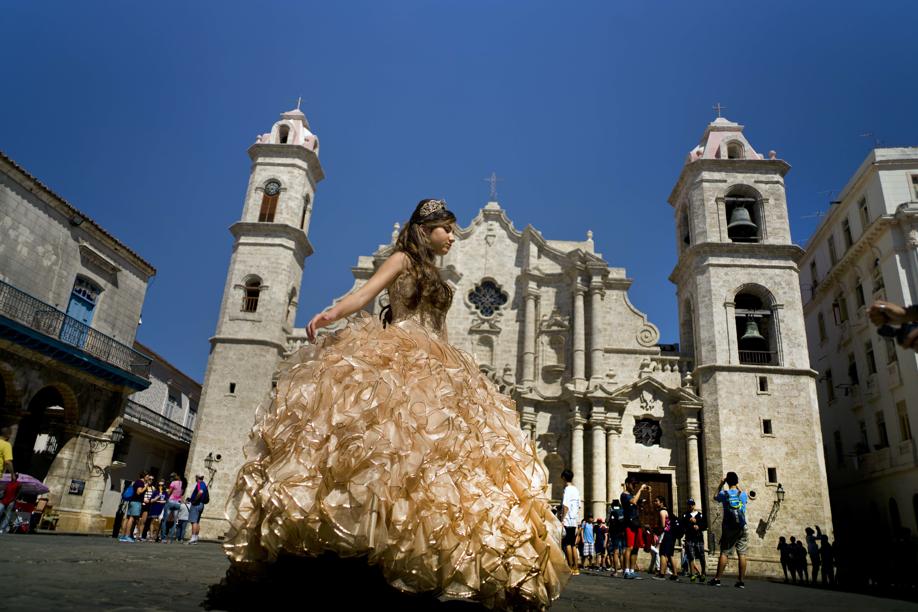INSURANCE
Coverage rates to rise for hundreds of thousands of drivers
Hundreds of thousands of Massachusetts drivers will see their auto insurance bills increase between 6 and 9 percent, on average, in the coming months, as premiums rise at the fastest pace in more than five years. Insurance companies and industry officials blame the surge on lower gas prices and an improving economy, which has put more drivers on the road — and in turn has increased the number of accidents, including fender-benders and collisions during the record snowfall in 2015. And as cars have become more sophisticated, equipped with cameras and sensors, the cost of repairing them has climbed, along with health care expenses for injured drivers and passengers, insurance executives say. Some of the steepest increases are at companies that have relatively small shares of the Massachusetts market, but they still cover tens of thousands of motorists. Texas-based United Services Automobile Association, or USAA, has been raising rates on its more than 80,000 Massachusetts drivers by an average of 8 percent since May, the insurer’s first increase in eight years. Boston-based Safety Insurance is scheduled to start charging its 420,000 Massachusetts drivers nearly 6 percent more later this month, the largest single increase the company has implemented since 2008, according to the Massachusetts Association of Insurance Agents. That contrasts with a 3 percent increase from Mapfre USA Corp., the largest auto insurer in the state, with more than a million drivers. It’s the company’s biggest hike since 2011. — DEIRDRE FERNANDES
TRANSPORTATION
New effort to expand harbor ferry service
There’s new life in the long-stalled effort to provide regular ferry service to the booming neighborhoods and business districts that front Boston’s inner harbor. Two groups, one led by real estate developers in East Boston, another by public officials from several agencies, are launching studies to determine whether ferries can shuttle passengers along and across the harbor and not be much more expensive or less convenient than subways or buses. The Massachusetts Convention Center Authority is leading a three-month study of ferry service mostly focused on a route between Lovejoy Wharf near North Station and the blossoming Seaport. Later this fall a group of developers led by Lendlease will examine the feasibility of a “rush hour’’ ferry service between East Boston and the Seaport. The MBTA does operate a limited ferry service in the inner harbor, with boats running between Long Wharf, Charlestown, and Logan Airport. And Boston Harbor Cruises runs an on-demand water taxi that picks up passengers at points around the harbor. But both cost much more than a typical subway or bus fare — a one-way ride on the water taxi, for example, is $12. — MICHAEL BODLEY
PHARMACEUTICALS
Moderna Therapeutics to team up with Vertex
Moderna Therapeutics Inc. has emerged as a partner of choice for drug makers eager to supplement their own research. Vertex Pharmaceuticals Inc. became the latest established biopharma company to team up with Cambridge-based Moderna, announcing a three-year agreement Wednesday to jointly develop new treatments for cystic fibrosis. The deal could be worth up to $315 million to Moderna, and will give Boston-based Vertex a $20 million equity stake in the five-year-old company. Moderna is working on experimental drugs using a technique called “messenger RNA’’ that turns the power of patients’ genetic information against their diseases. The approach, which can convert copies of DNA into healthy proteins in patients with defective ones, is part of the field of gene therapy that is seeing a resurgence after more than a decade of caution by scientists. Moderna has previously struck research alliances with Merck & Co. on personalized cancer vaccines, Alexion Pharmaceuticals Inc. on drugs for rare liver diseases, and AstraZeneca PLC on treatments to boost heart function in patients who have suffered heart attacks. — ROBERT WEISMAN
FOOD
Fight over Milk Street name heads to court
Boston could be too small for two Milk Streets — at least when it comes to food ventures with that name. That’s what the founder of Milk Street Cafe is claiming in a trademark lawsuit filed in Boston federal court Wednesday against celebrity chef Christopher Kimball’s new business. Kimball’s multimedia venture Milk Street Kitchen will focus on cooking classes at 177 Milk St. — several blocks from Milk Street Cafe at 50 Milk St. — as well as a new public television cooking show and a magazine. Milk Street Cafe is primarily a caterer, with a retail cafe. But Milk Street Cafe founder Marc Epstein says the businesses are close enough in nature that he fears consumers will confuse the two and that his 35-year-old company will be overwhelmed by Kimball’s venture in online searches and social media references. Kimball’s lawyer, Kenneth Plevan, maintains his client’s business is different enough from the Milk Street Cafe that consumers will not be confused. Plevan wrote a 14-page letter on June 14 to Epstein’s lawyer, Jennifer Furey, arguing that his client sees no reason the two names can’t “coexist in the same marketplace.’’ Plevan argues that the Milk Street Cafe has no right to claim a monopoly on the name “Milk Street,’’ blocking other businesses on the street that aren’t in direct competition from using it. — JON CHESTO
TRANSPORTATION
Boston loses out on direct flights to Havana
The federal Transportation Department selected 10 cities Thursday to host commercial airline service to Havana, part of the Obama administration’s decision to normalize relations with Cuba after 50 years, but Boston didn’t make the cut. The decision was a disappointment to Massport, which had backed JetBlue’s bid to fly from Logan Airport to the Cuban capital, and the local tourism industry, which stood to gain from an influx of travelers going to and coming from the island nation. The Transportation Department reviewed applications from 12 airlines vying for 20 daily round-trip flights between the United States and Havana. Airlines were invited to apply for the routes in mid-February, and cities around the country made their cases about why they should have been selected. Flights were awarded to Los Angeles, New York, Atlanta, Charlotte, N.C., Houston, and Newark, and Fort Lauderdale, Orlando, Tampa, and Miami. The Transportation Department said its decision is subject to further review and a comment period. It gave preference to cities that showed they had enough demand for air service and large populations of Cuban-Americans. — MEGAN WOOLHOUSE
COMMUNICATIONS
Part of West Roxbury first to get fiber-optic service from Verizon
Verizon Communications has selected a portion of West Roxbury as the first area to get its fiber-optic Internet and TV service in Boston following an unusual marketing campaign that asked city residents to rally their neighbors in an online poll. Construction will begin in September in the northwest section of West Roxbury, with service to the first customers commencing in late 2016, Verizon said Thursday. A second area of the city, focused on what the city calls its “innovation district’’ in Roxbury’s Dudley Square, is also expected to have the company’s high-speed FiOS service by year’s end, Verizon said. The first offer from Verizon will be high-speed Internet service; video service will follow once the city grants Verizon a cable TV franchise. The company said it is already conducting preliminary work, such as installing bigger cables and surveying its existing utility poles and conduit.The $300 million project will involve replacing Verizon’s existing copper wires with fiber-optic cables that can transmit large volumes of information at high speed. The rollout, however, will start in a few neighborhoods, including Dorchester, and Verizon has said it may take up to six years to cover the entire city. — CURT WOODWARD


